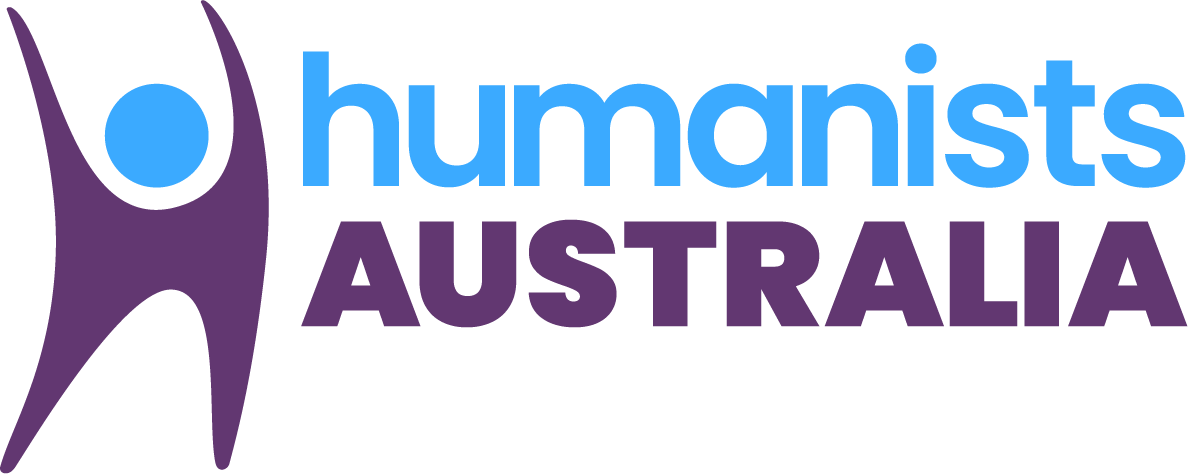World Kindness Day
We all know how it feels to be the recipient of a kind gesture or act and the feel-good glow of giving without expectation of receiving. But did you know the benefit of kindness goes well beyond the immediate act or exchange of giving and receiving? There has been, and continues to be, extensive scientific research into the physical, emotional and biological impact of acts of kindness. Here are just some of the facts we know about the far-reaching benefits of kindness thanks to studies by universities and scientific institutions around the world including Stanford, Harvard, Dartmouth, University of South Australia and the University of Tasmania (just to name a few).
Acts of kindness stimulate the release of our feel-good hormones, specifically serotonin and oxytocin. The knock-on effects of this include:
Reduced pain – the endorphins released are natural pain relievers
Reduced stress – people who regularly give have lower cortisol (stress hormone) levels
Reduced anxiety – feel-good hormones stimulate positive feelings and perspectives
Kindness is contagious, because the feeling of giving and receiving is a positive, and often strong one. It can stimulate the desire for the same response again, causing a ripple effect of giving (Stanford University for Scientific American, July 26, 2016). In Australia, the most common acts of kindness include giving a compliment, holding the door open for someone and asking if someone is okay according to McCrindle Research, 2022.
Want to read more about the impact of Kindness? Here are a few articles you might find interesting. Please note these are external links with no affiliation to Humanists Australia.
Interested in statistics? Find facts and figures on Kindness in Australia in this Article by research company McCrindle: What are the most common acts of kindness in Australia?
More into resources to make kindness a part of daily life? Check out this article by Brooke Jones for The Random Acts of Kindness Foundation.

